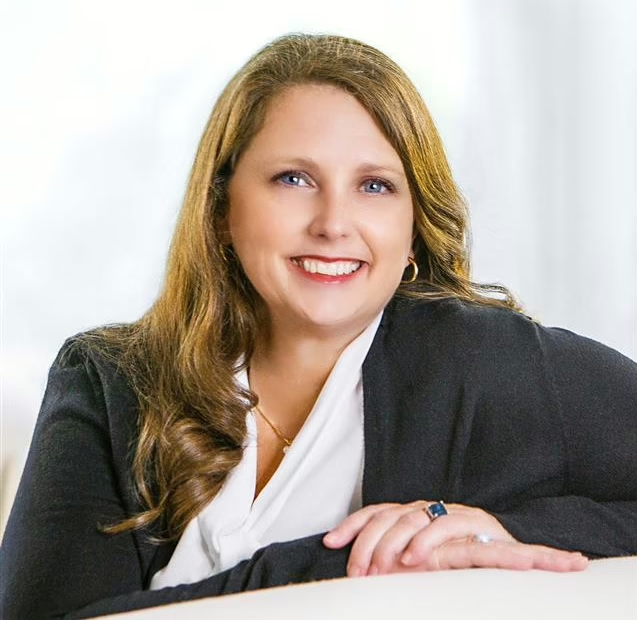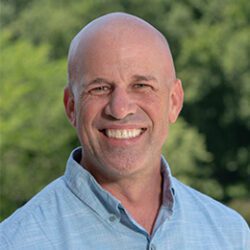The certificate of graduate studies (CGS) in Disability Fundamentals equips professionals with the foundational knowledge, skills, and attitudes needed to meet the diverse needs of individuals with disabilities. The required, suggested, and elective course design ensures essential learning while allowing for flexibility to meet required or preferred learning content. The ideal student for this program is an employee of a state vocational rehabilitation (StateVR) agency who has earned a bachelor's degree but not a master’s degree or who has earned a master’s degree related to Rehabilitation Counseling but could benefit from disability focused learning.
Assumption University is excited to offer RSA Scholarships to students pursuing graduate level education in the Rehabilitation Counseling program. Students who receive scholarships under this program are required to “pay back” their scholarship through paid employment after graduation in public agencies that support the state-federal rehabilitation program. Typical settings include State Vocational Rehabilitation agencies or non-profit organizations that have service arrangements (often in the form of contracts to provide services for) with State Vocational Rehabilitation agency. Federally funded agencies that provide rehabilitation services also meet the payback requirement. Assumption has been awarded multiple RSA awards that provide support to slightly different groups of students. Connect with us to learn more!
Assumption University is excited to offer RSA Scholarships to students pursuing graduate level education in the Rehabilitation Counseling program. Students who receive scholarships under this program are required to “pay back” their scholarship through paid employment after graduation in public agencies that support the state-federal rehabilitation program. Typical settings include State Vocational Rehabilitation agencies or non-profit organizations that have service arrangements (often in the form of contracts to provide services for) with State Vocational Rehabilitation agency. Federally funded agencies that provide rehabilitation services also meet the payback requirement. Assumption has been awarded multiple RSA awards that provide support to slightly different groups of students. Connect with us to learn more!
Graduate Virtual Information Sessions
Certificate of Graduate Studies in Disability Fundamentals Program Contact
Laura E. Hunter, MSOL
Associate Director for Graduate Enrollment
Nicholas J. Cioe, Ph.D.
Associate Professor , Director of Rehabilitation Counseling, Coordinator of SMVF Program, Core Faculty Member in Rehabilitation Counseling
Faculty
Application Requirements:
- Graduate application
- Official transcript(s) from all institutions attended
- Recommendation/letter of support from current supervisor
- Personal statement
Rehabilitation Counseling Program Awarded $3M in Major Grants
Assumption University’s Rehabilitation Counseling Program has been awarded three major grants from the Department of Education’s Rehabilitation Services Administration (RSA) totaling $3 million.







